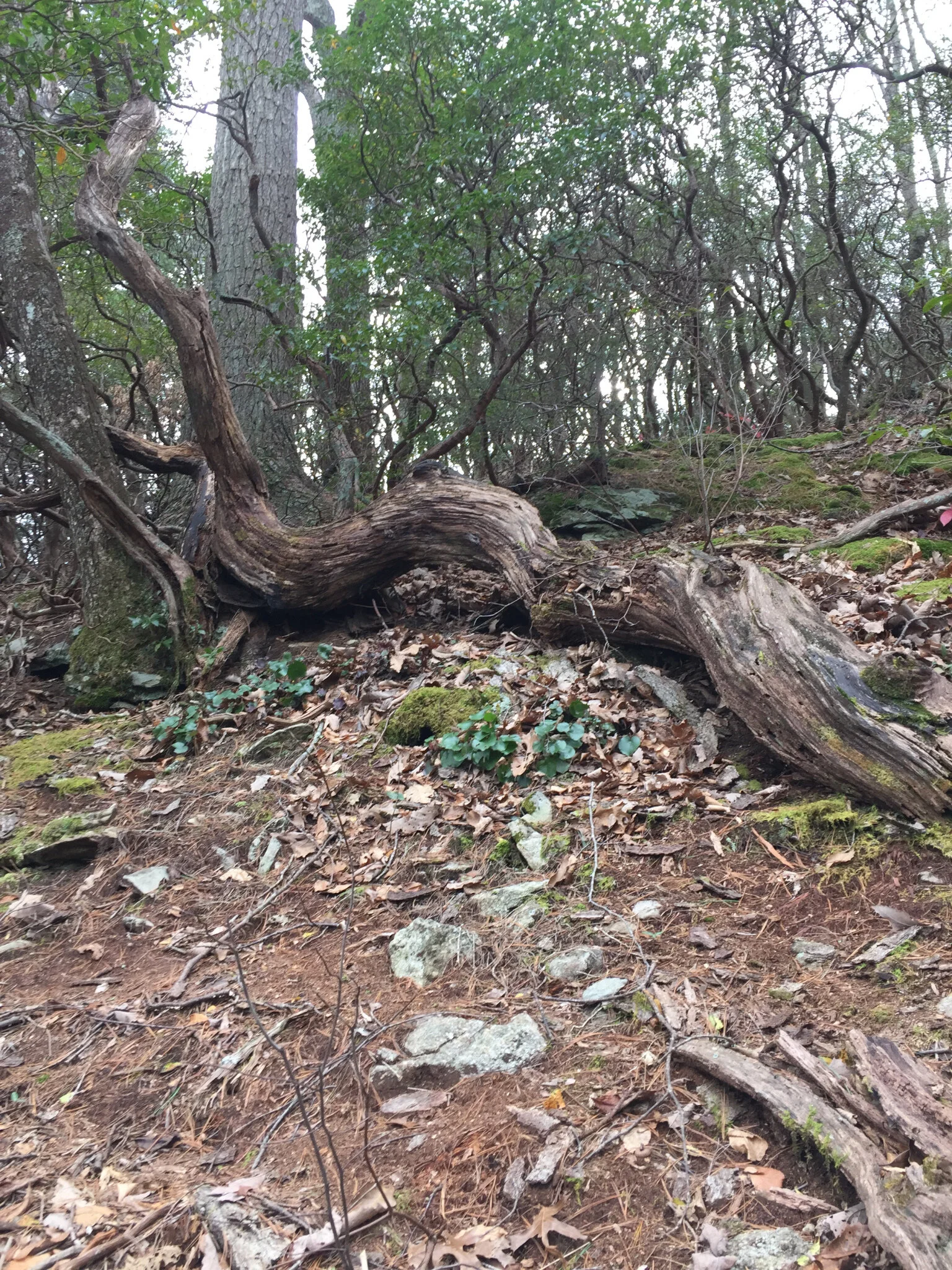In 7th grade I was in love with a boy named “Jimmy.” I still remember the heat of our kiss in a deserted hallway during a high school basketball game. Given that I was 12 years old, he should have been my first kiss, but he was my 2nd or maybe even 3rd depending on what counts as a real kiss. Because I’m that kind of girl. The kind of girl who wore short skirts, tight jeans, and black mascara.
The kind of teenager whose parents fretted because she was so boy crazy. “You’re going to end up pregnant!” said my mom. “You’ve already had more than your fair share of boyfriends!” said my dad.
The kind of girl, a guy once told me, that boys would fuck but would never marry.
And so it was that even though I was desirable, like most other teenagers, there was no shortage of time I spent waiting by the black rotary phone that was never going to ring.
The funny thing about my on-again/off-again teenaged romance with Jimmy was that almost always he was the one who would pursue me, and then a few weeks later would dump me for no apparent reason. Usually he’d have another boy give me the news. The sudden silence on his part was akin to the more contemporary phenomena of ghosting—typically when a romantic interest suddenly cuts off all contact without explanation.
Continue reading at https://reckonreview.com/wind-and-root-mccann-9/

















